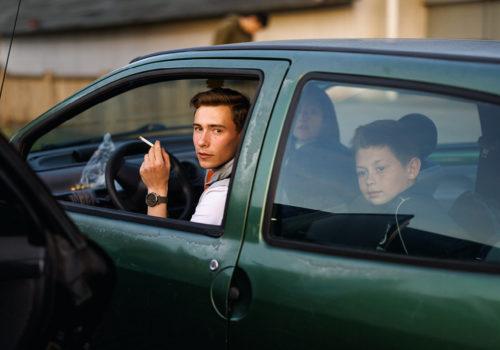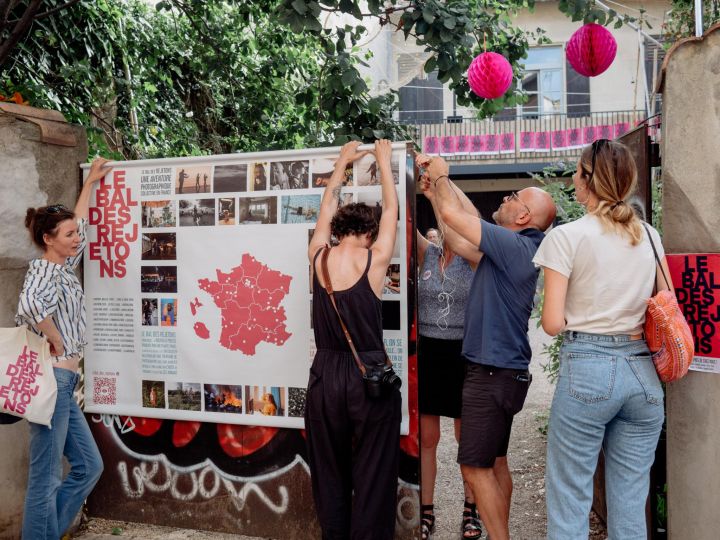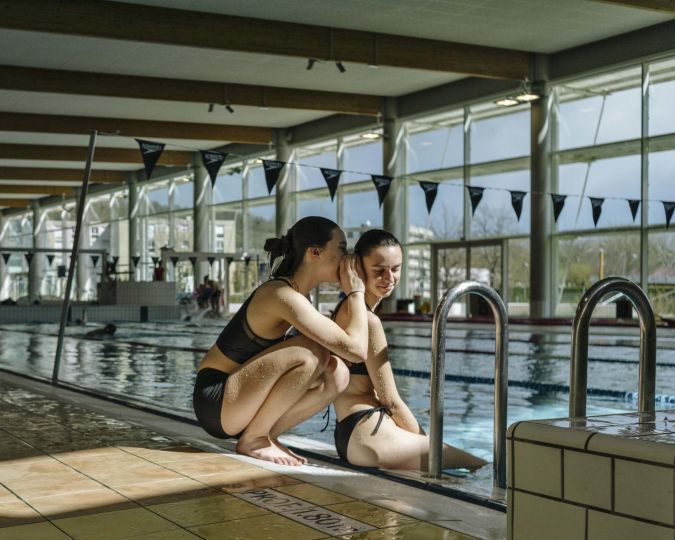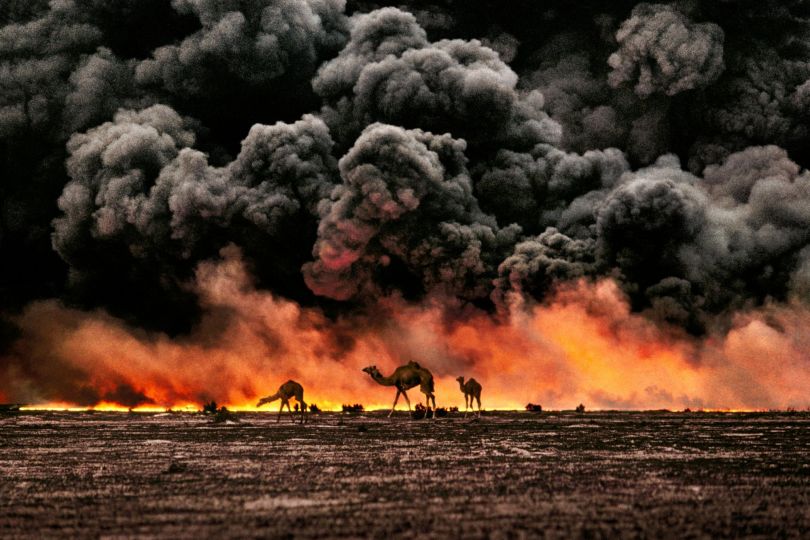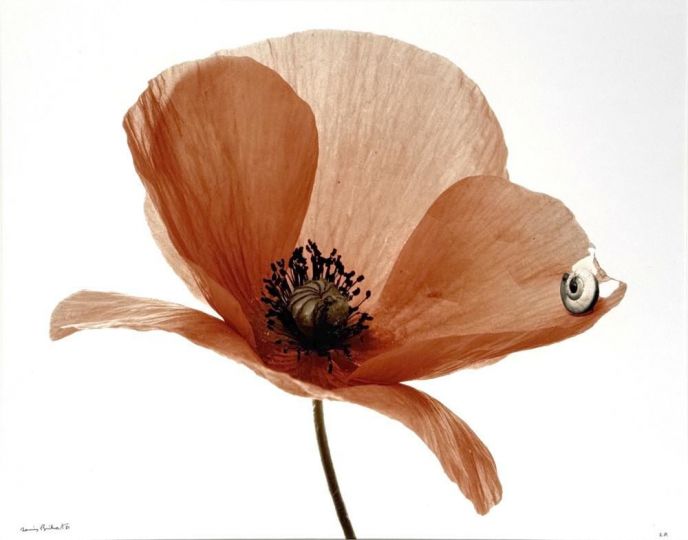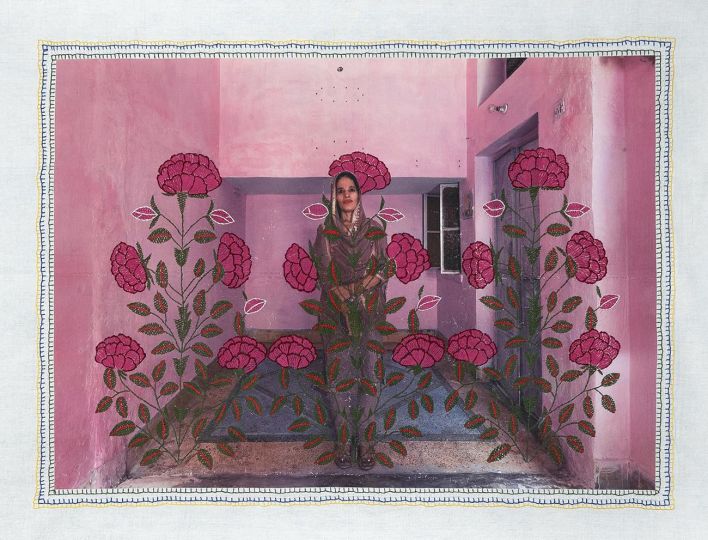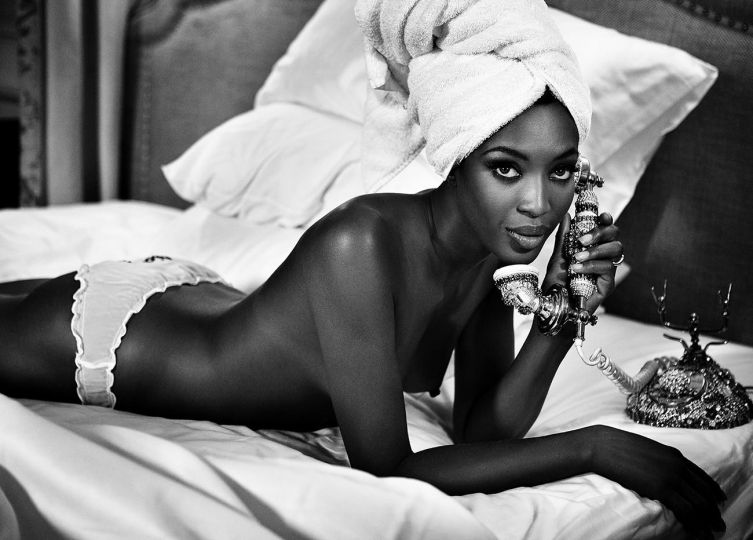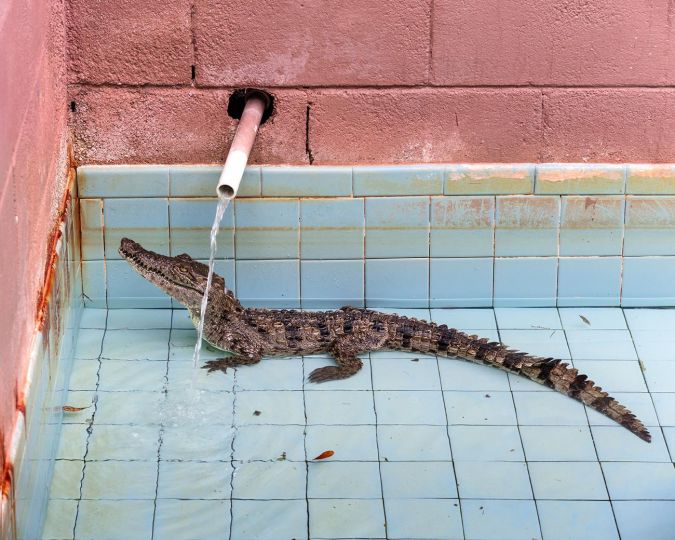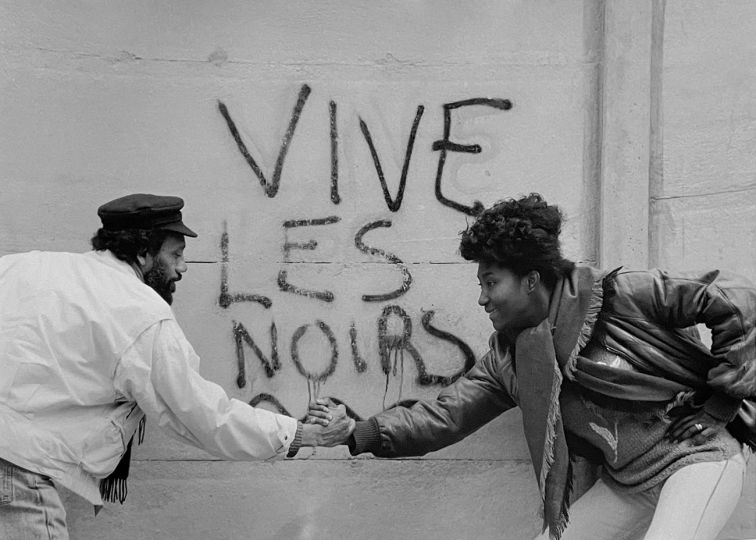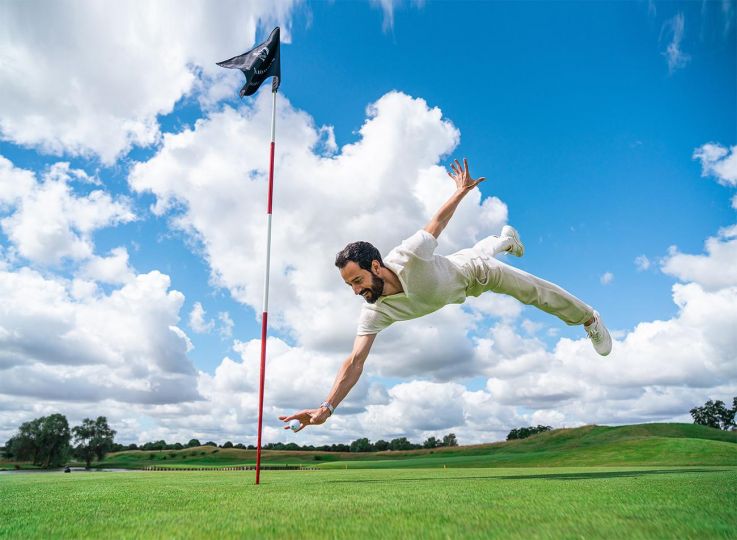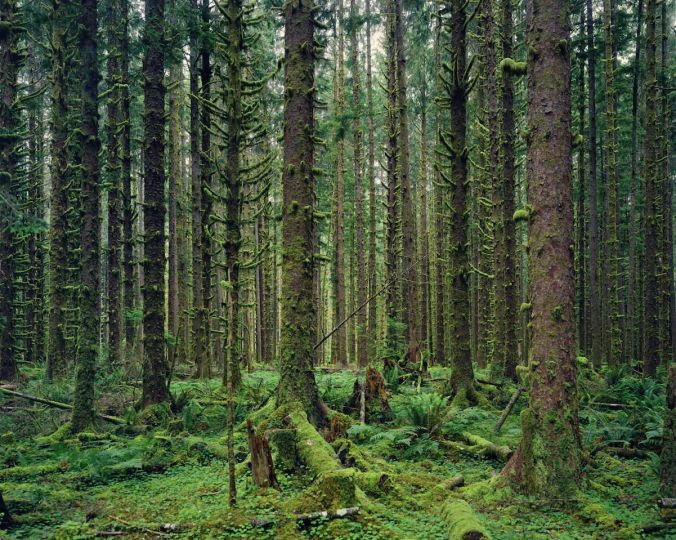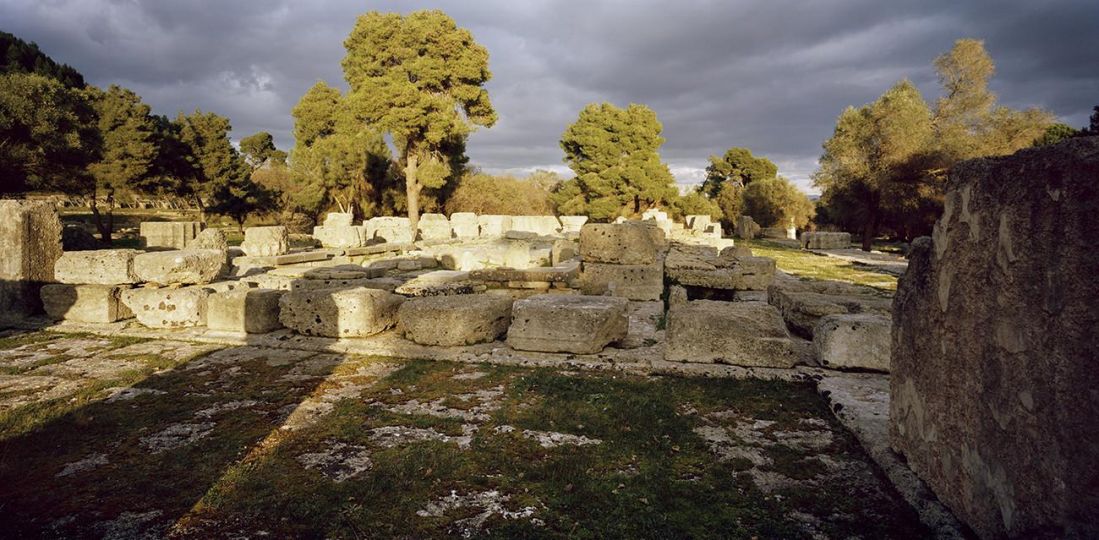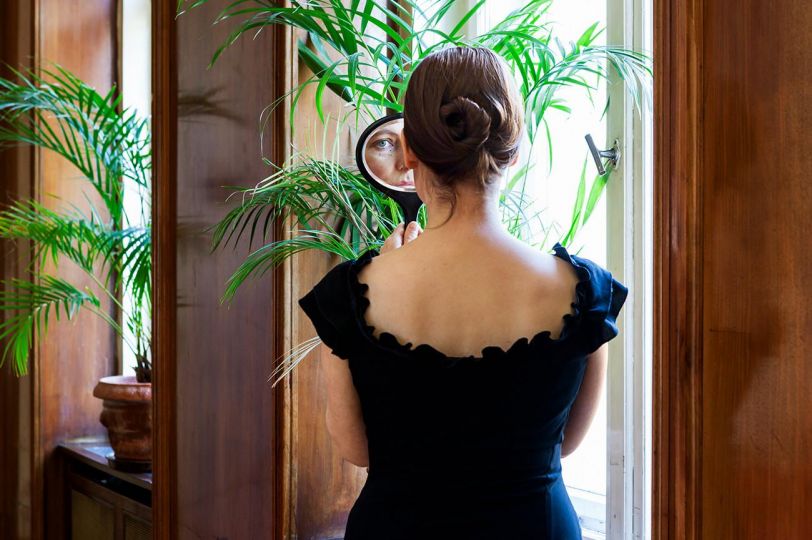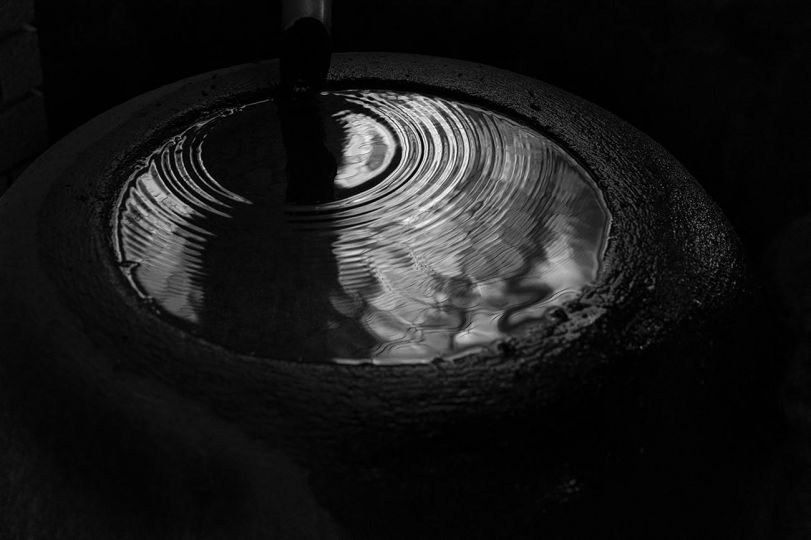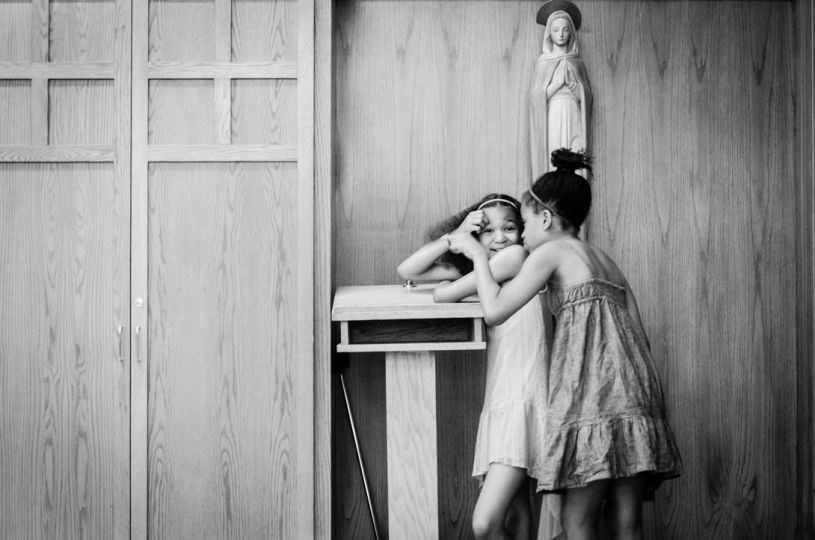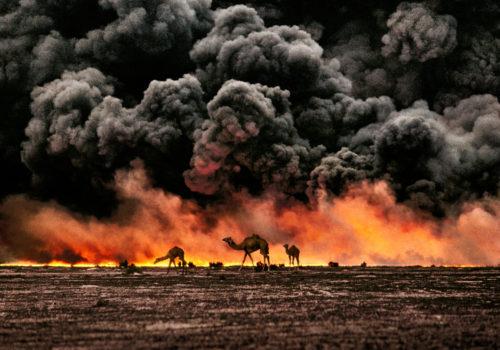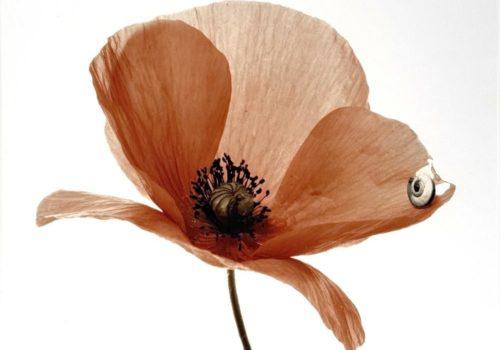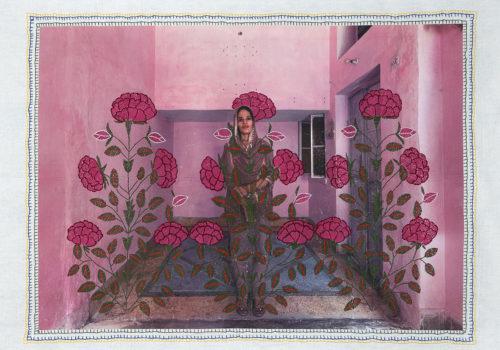After 20 years of collective adventure, Transit, a Montpellier-based organization well-known in the photography world, transformed in 2022 into a platform for photographic projects. Remaining true to its local roots while opening up to new artists, Transit continues to support photographic creation, fostering research, collaboration, and exhibitions.
How did Transit come into being?
The collective was created in July 2002, a time when many collectives were being formed. It began with the meeting of three photographers—Nanda Gonzague, David Richard, and Bastien Defives—who shared the same vision and approach to photography. They decided to unite their contacts, equipment, and skills to better distribute their work to editorial offices and festivals.
Were you part of this initial energy?
That same year, I arrived in Montpellier from Dijon for a master’s degree in cultural project direction. When we met, we immediately wanted to collaborate. I joined the collective in 2003 as a project manager, handling the programming of the Transit space—a workspace regularly transformed into an exhibition space—as well as cultural projects like residencies and workshops with the photographers. I became involved in the creation and development of the collective and the association.
Even though you weren’t a photographer, you were at the heart of the project from the beginning?
I was absolutely part of the adventure, on equal footing with the photographers. There was a strong desire to create a collective energy and share our vision of photography with the public. Thanks to my involvement, the association’s activities became sustainable, enabling us to develop connections with institutions and engage the public who visited the space.
How did you experience that period?
It was both my first professional experience and a true human adventure. We shared a whole chapter of life together, like one big camp. I learned a lot. Over time, my role evolved from project manager to something more aligned with artistic direction, in parallel with the evolution of the collective and its projects.
And two years ago, Transit underwent a transformation?
After 20 rich, joyful, and rewarding years as a collective, Transit naturally evolved into a platform for projects in 2022. The idea was to open up to new photographers and artists through collaboration.
What does Transit now propose as part of its new format?
The primary aim is to support photographic creation, offering spaces for research, assisting photographers in the development of their projects, and showcasing diverse artistic approaches to the public.
We organize residencies, such as the “Mutation” program, which documents contemporary transformations in territories. After welcoming photographers like Cyrus Cornut and Mathias Benguigui, we’re now hosting Stéphanie Lacombe. We also run shorter research residencies called “Transitlab,” where our space is made available for a month to artists from the region, enabling them to explore ongoing projects, from creation to exhibition and publication.
For example, Andrea Olga Mantovani used our space to edit her images and design their scenography in preparation for her upcoming exhibition at the Jeu de Paume in Paris. During these sessions, my role is to facilitate exchanges with professionals—photographers, editors, festival organizers—to support artists in their creative process.
We’re also developing partnerships with institutions like the University of Montpellier, organizing workshops and exhibitions.
Does Transit’s 20-year presence on the local scene help sustain its projects despite these changes?
Transit’s identity in the region and its established network, even beyond the local context, is a strength that helps us develop new projects. This evolution, while retaining the Transit name, builds on what the collective and its photographers have contributed over the years. It has always been a collective effort. Today, though I primarily lead the project, we’re still in regular contact, exchanging ideas. Over the past two decades, a sense of community, almost like a chosen family, has been built, and now it’s opening up to new people.
How do you envision the future of Transit?
I want to maintain an open view of the world, continue documenting it, and foster exchanges between photographers, cultural partners, and the public through visual arts—both in Montpellier and beyond.
Realistically, I face the same challenges as many cultural actors, with uncertain budgets and a fragile future. In addition to redefining the collective’s format, we’re also leaving our historic space. But the project persists. We’re collaborating with new venues and pooling resources with other partners. There’s so much potential in Montpellier and the region, and I’m confident we’ll turn this shared enthusiasm into meaningful projects.
More information

